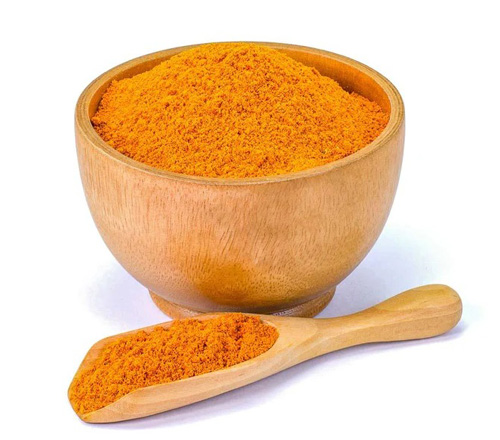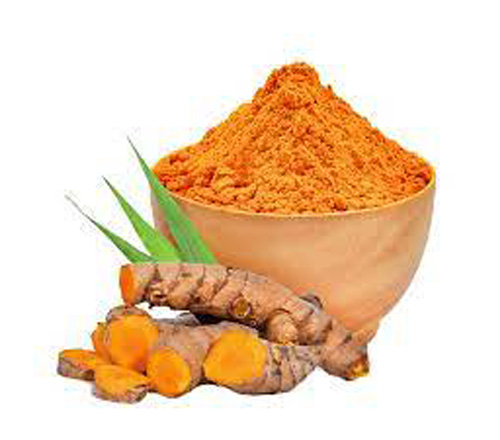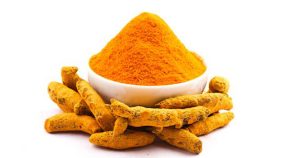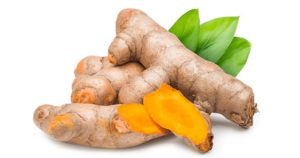



Turmeric, sometimes called Indian saffron or the golden spice, is a tall plant that grows in Asia and Central America.
The turmeric on shelves and in spice cabinets is made of the ground roots of the plant. The bright yellow color of processed turmeric has inspired many cultures to use it as a dye. Ground turmeric is also a major ingredient in curry powder.
Availability:In Stock
Improving liver function
Turmeric has been getting attention recently because of its antioxidant abilities.
The antioxidant effect of turmeric appears to be so powerful that it may stop your liver from being damaged by toxins. This could be good news for people who take strong drugs for diabetes or other health conditions that might hurt their liver with long-term use.


According to the United States Department of Agriculture (USDA) National Nutrient Database, one tablespoon (tbsp) of turmeric powder contains:
That same 1-tbsp serving provides:
Positive side effects
While turmeric is a flavorsome spice that is nutritious to consume, it has also traditionally been used in Ayurvedic and Chinese medicine to treat inflammatory conditions, skin diseases, wounds, digestive ailments, and liver conditions.
Anti-inflammatory properties.
The Arthritis Foundation cites several studies in which turmeric has reduced inflammation.
This anti-inflammatory ability might reduce the aggravation that people with arthritis feel in their joints.
The foundation suggests taking turmeric capsules of 400 to 600 milligrams (mg) up to three times per day for inflammation relief.
Pain relief
Turmeric is thought of as a pain reliever. The spice is reputed to relieve arthritis pain as well.
Studies seem to support turmeric for pain relief, with one study noting that it seemed to work as well as ibuprofen (Advil) in people with arthritis in their knees.
Though dosing recommendations seem to vary, those who participated in the study took 800 mg of turmeric in capsule form each day.